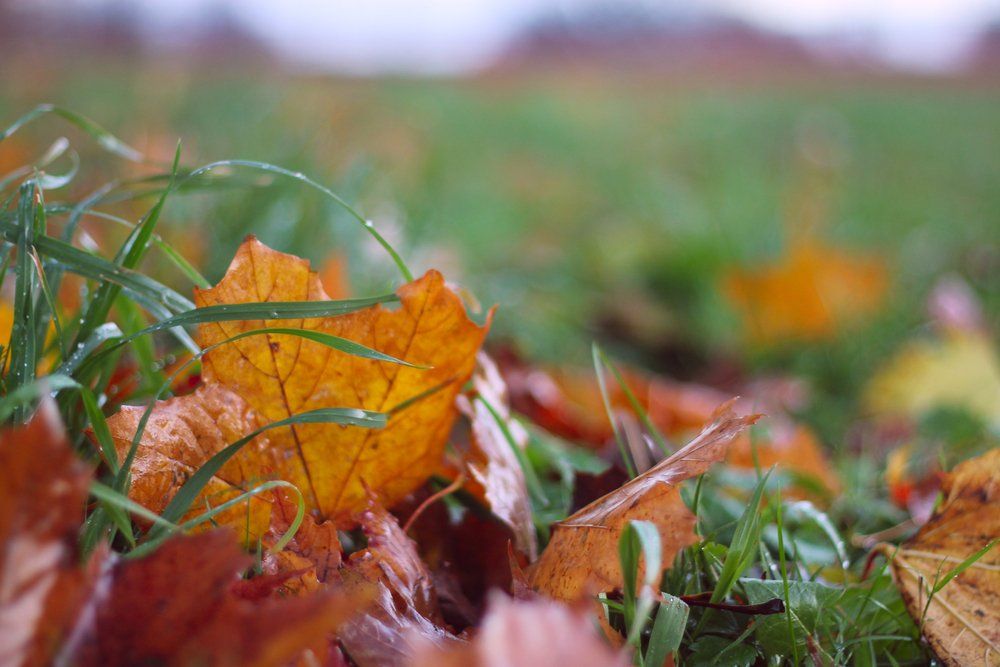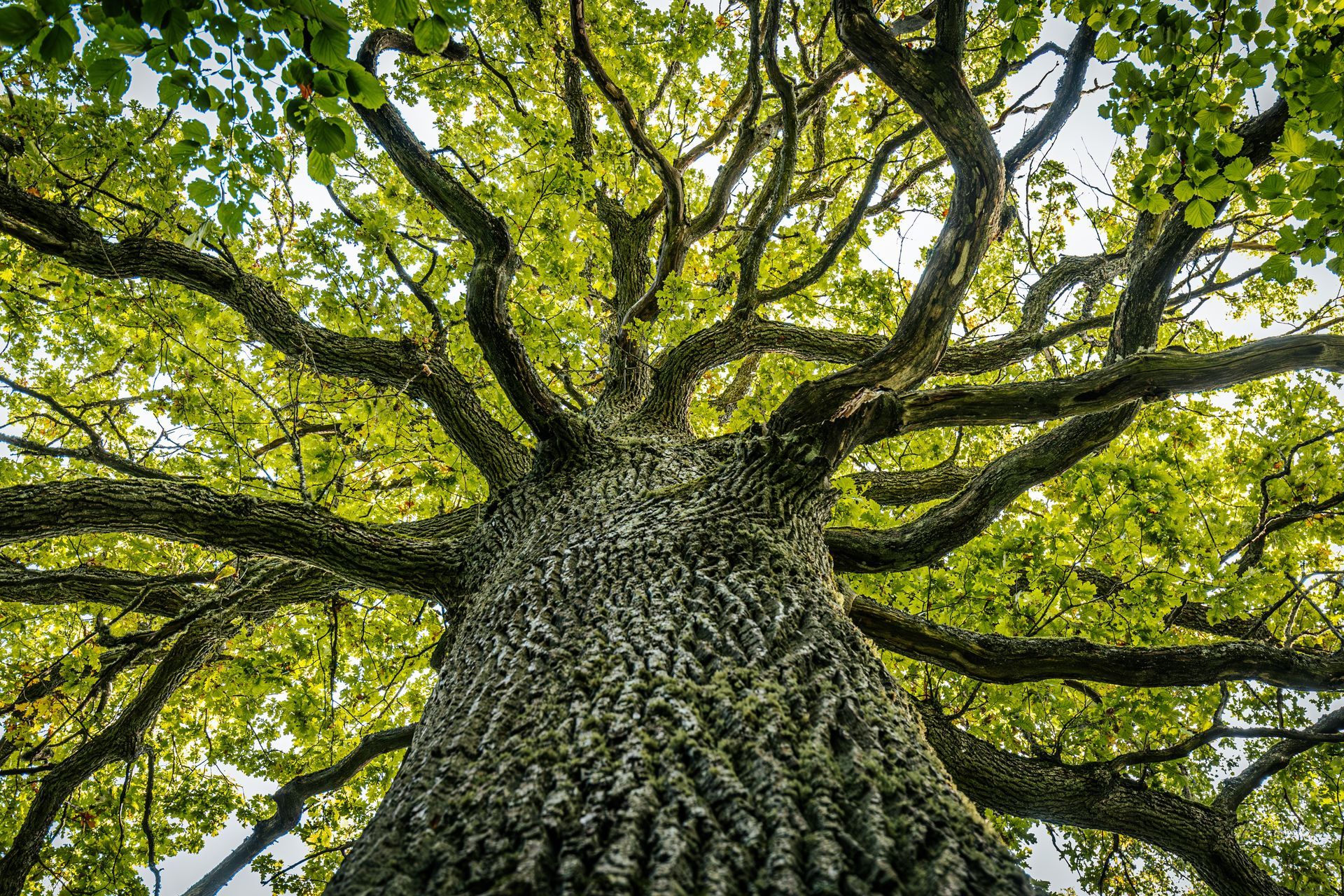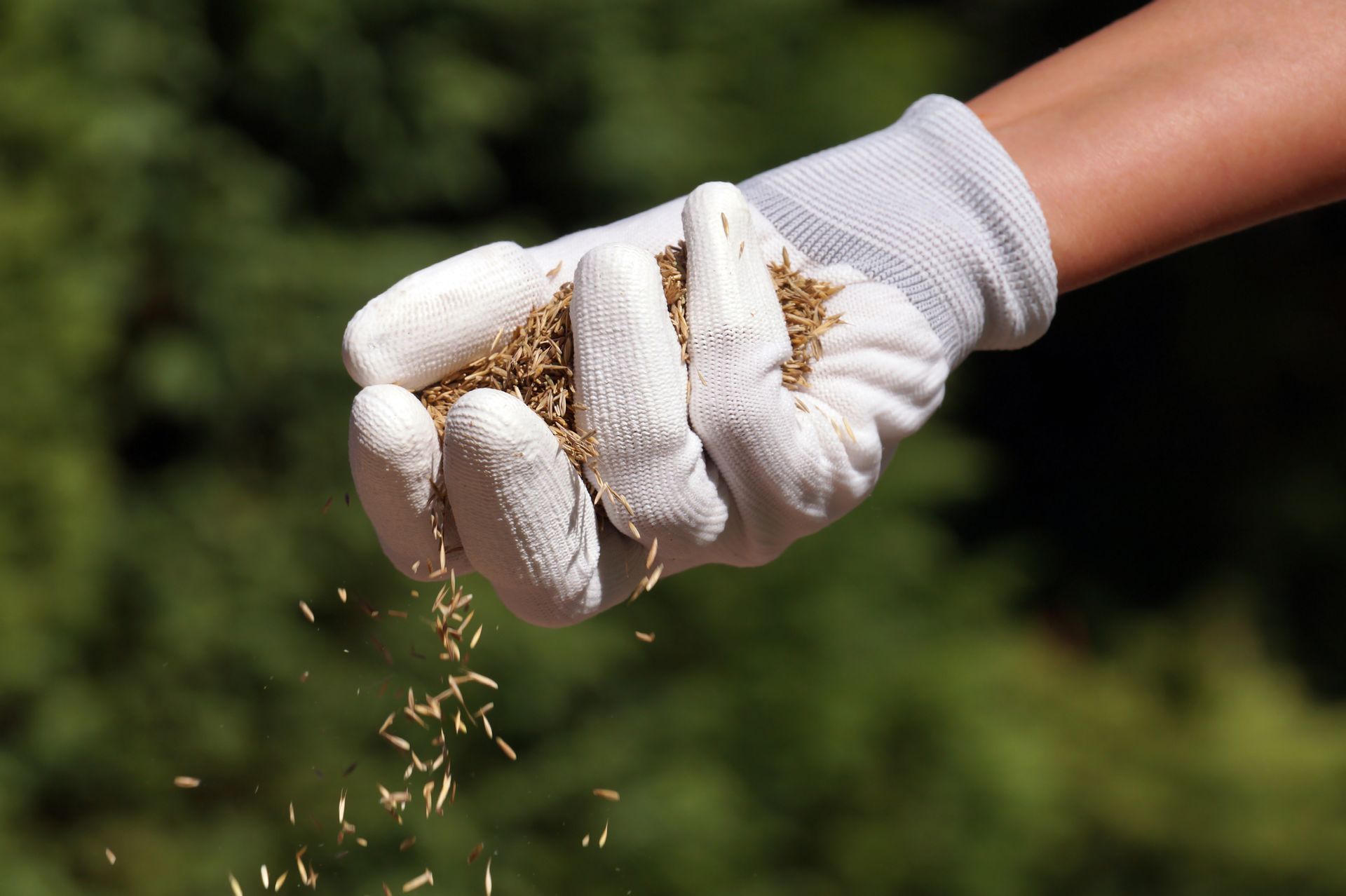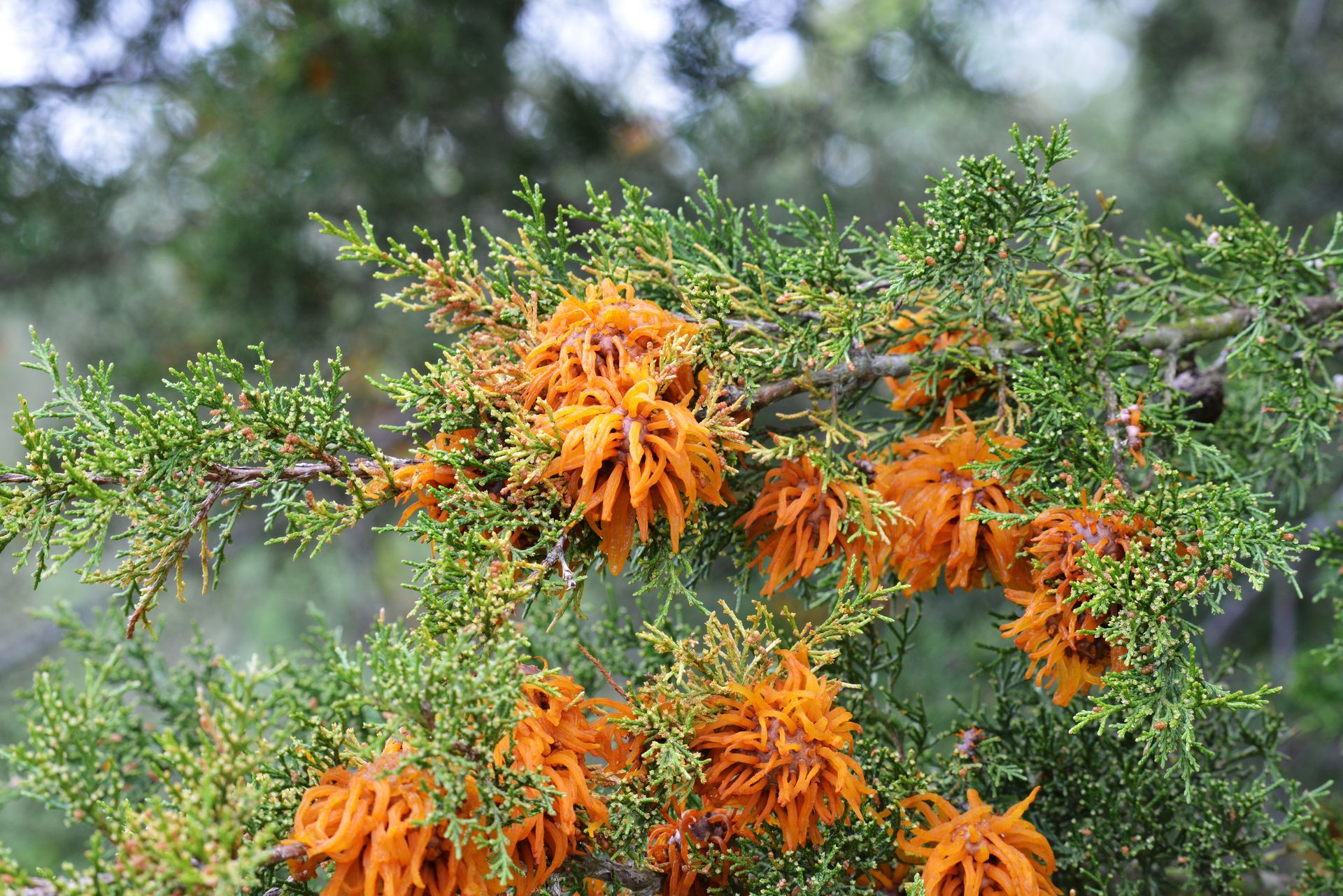October 20, 2022
Five Reasons To Winterize Your Lawn In Early Fall

Fall is in full swing in Southeast Michigan by mid to late October. The temperatures aren’t the only things dropping, though. Colorful foliage begins to accumulate on your grass, vehicles, and backyard furniture. Even as the leaf-raking gets underway, there’s one more holiday that will have costumed kiddos and trailing parents trampling on your lawn in search of treats. Hiring a professional team like Visionary Fertilization can help winterize your yard properly. But just in case you want to go it alone, here are a few tricks to keep your yard from looking like a permanent creepy hayfield.
Cool-Season Grass vs. Warm-Season Grass
To the untrained eye, grass is grass. But certain grasses are native to specific areas. In the south, the warm-season grasses, like St Augustine grass and Bermuda grass, are hearty enough to endure sunshine, heat, and humidity year-round. In contrast, most Southeast Michigan yards have cool-season grasses.
Cool-season grasses, like Kentucky bluegrass or perennial ryegrass, are much more suited to the changing seasons and snowfall typical of the north. Winterizing means two different things depending on where you live.
When To Fertilize Your Cool-Season Grass
Like many plants, warm-season grasses go dormant in the winter. Grass height, water, and fertilizing needs are different. For example, you don’t want to fertilize warm-season grasses after September. It can cause your grass to become sensitive to the cold. Conversely, fall is the perfect time to plant and
fertilize cool-season grasses in Southeast Michigan. The warm soil temperature and the cooler air are excellent for seed germination and growth.
The experts at Visionary Fertilization recommend two separate feedings in preparation for winter – one in the late summer/early fall and a second application in late fall/early winter. It’s also part of their exclusive
7-Step Treatment Program.
Three Winter Treatments That Will Pay Off In The Spring
Water is crucial for winter. Even though there is moisture from the snow, your soil will not get the proper levels needed to maintain spring growth. Check out our tips for winter watering
here. But there are three more things to do to properly prepare for the frigid months ahead.
- Aeration is crucial for cool-season grass. It opens up pockets in the soil, allowing water and nutrients to reach the roots quickly. It also helps keep your soil from becoming compacted, especially under the weight of winter snow.
- Consider overseeding. Sure, it sounds weird to seed grass when you have a yard full of it. But overseeding helps fill in the gaps and creates new grass that germinates in the spring. You can also reseed any bare patches in your turf.
- Weed during winter! Some weeds go dormant, but like your grass, they are just biding their time waiting for the warm-up. Pull them out by the roots in the fall, and aerate and seed the area to stimulate new grass growth.
We Can Help Prepare Your Lawn For Winter
Veteran-owned
Visionary Fertilization are experts at taking care of local lawns in Southwest Michigan. Not only does our team understand the trouble winter weather can cause for turf, but they create a specialized plan for each yard. Give us a call at 586-281-5148 today to
set up an appointment or schedule a
free estimate on your time.




